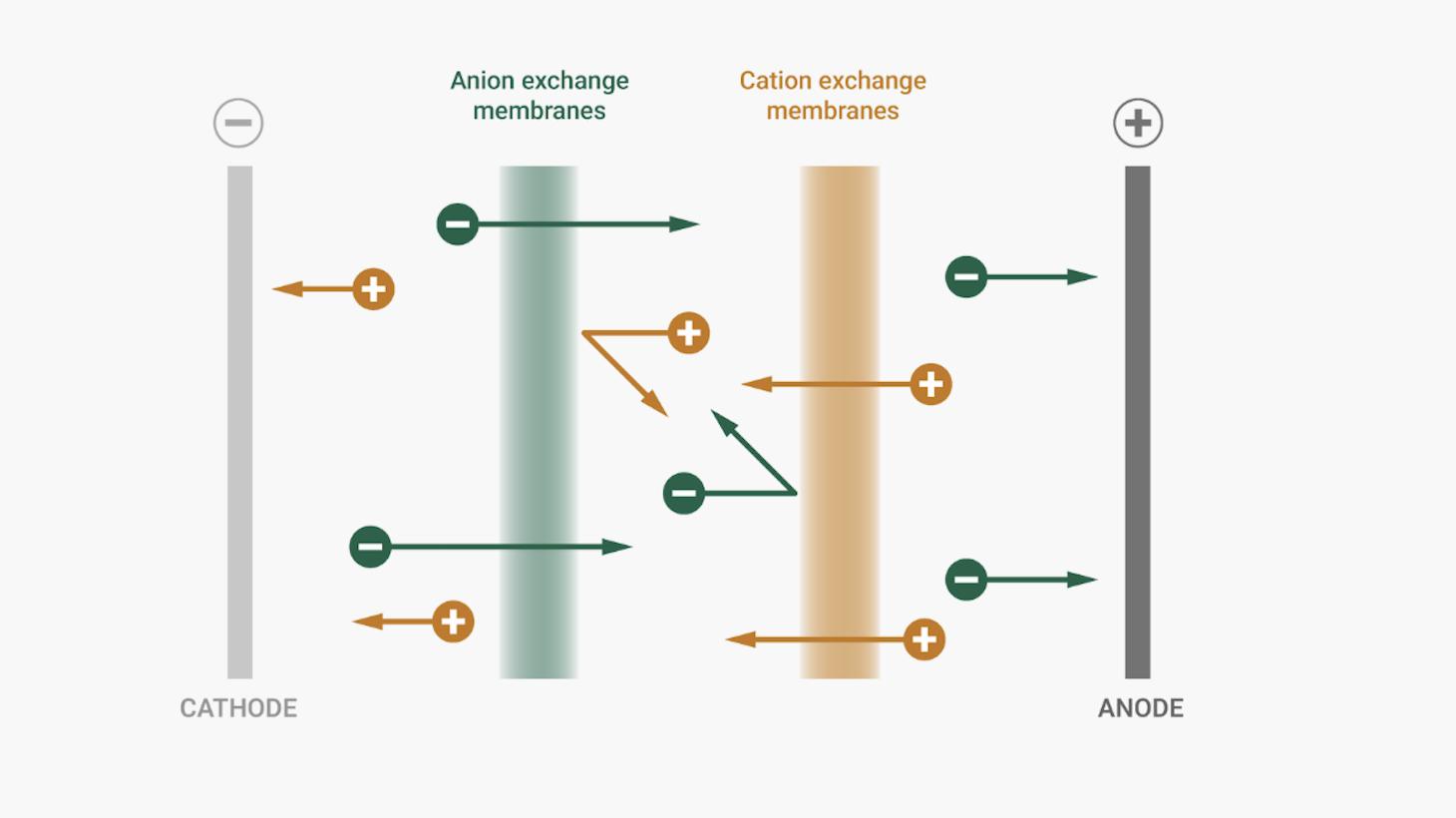
Tell us a little bit about your background and what lead you to the position as Flow Battery Engineer at Cellfion
My background is mainly in iron-chromium flow batteries (ICFBs), but I have worked with an iron-vanadium system of sorts. I did my masters in chemistry on investigating novel rebalancing methods for the ICFB. I also did work with collaborators in testing novel membranes in the FB and working with them to tune the membranes for better chemical durability, lower cost, better selectivity, etc. Lastly, I have some experience from my BSc Hons project in Ni/NiO catalysts for the oxygen evolution reaction(OER). When I was applying for jobs and saw Cellfion’s opening, I was immediately intrigued by their membrane manufacturing method, so the choice was really easy for me once I was offered the position.
What does the position entail and what do you look forward to most at Cellfion?
The position at Cellfion entails applying standard test procedures for FB membranes such as FB cell cycling, chemical stability tests, etc. and working with the rest of the research team to address the shortcomings of our membranes and how we can improve them.
Who is Thian outside of work?
I really enjoy listening to music, watching shows, and exercising. I’m also quite interested in philosophy, so I read quite a bit on topics within philosophy that interest me.
Tell us about the future of sustainable materials in relation to flow batteries as you view it and the position Cellfion has in this
Not only is the impending PFAS ban in Europe a challenge to the flow battery industry, but flow battery membranes have been prohibitively expensive up to now. In addition to this, most of the membranes used in flow batteries today are not produced from sustainable materials.Cellfion has an advantage in all of these areas: Our membranes are PFAS-free and made from widely-available and regenerable wood. Cellfion therefore has a very unique and promising role to play in the ion-exchange membrane market.



%20(kopia%202)%20copy.png)
